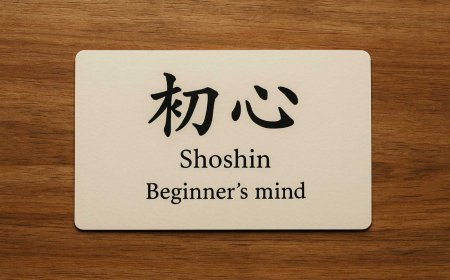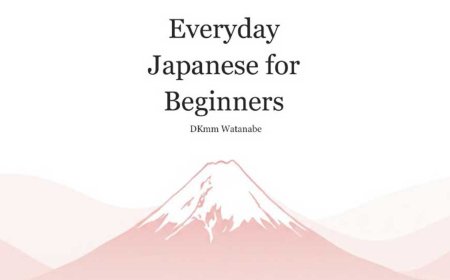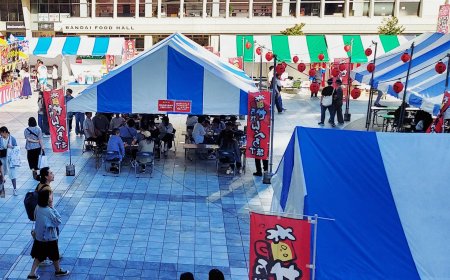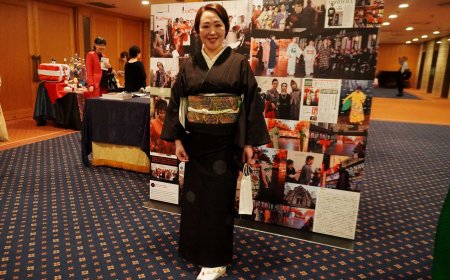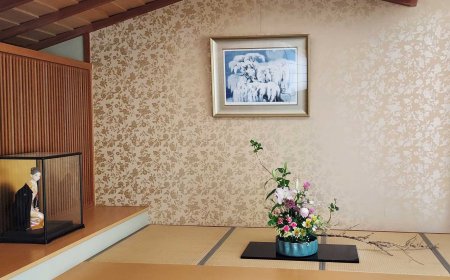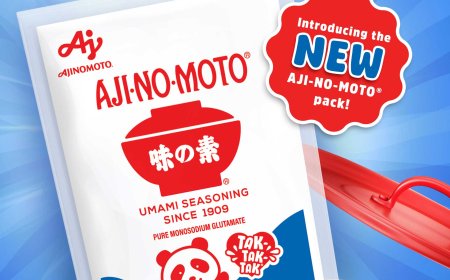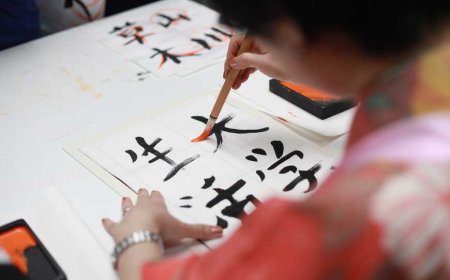Fu (不) in Japanese Language
From negation and prohibition to creating antonyms and embodying cultural nuances, this unassuming character shapes expressions and adding depth to communication.

Diverse usage and meanings of the character "不" (pronounced fu or bu)
In the Japanese language, "不" serves as the negation or denial counterpart in Japanese, akin to the English "not." Its presence in a word or phrase signals the absence or negation of the associated concept. As a negation marker, "不" holds the power to flip meanings, creating a dynamic language that shapes communication in diverse and subtle ways.

Negation in Action
In its most straightforward application, "不" is used to negate adjectives and verbs. For instance, "不安" (fu-an) translates to "uneasy" or "anxious," where the character "不" conveys the negation of peace or calmness. Similarly, "食べる" (taberu) means "to eat," but with the addition of "不," it transforms into "食べない" (tabenai), meaning "not to eat."

Expressing Prohibition
"不" also plays a crucial role in expressing prohibition. When combined with a verb or an action, 不 conveys the idea of not allowing or prohibiting a particular activity. For example, the word 不正 (fusei) which means fraud, is a combination of the character 不 with the kanji for "correct" or "positive" (正). Similarly, 不許可 (fukyoka) combines 不 with 許可, meaning "allow," to express not allowed or not authorized. In these instances, 不 serves as a versatile tool in the Japanese language, allowing for the clear communication of restrictions or negative sentiments.
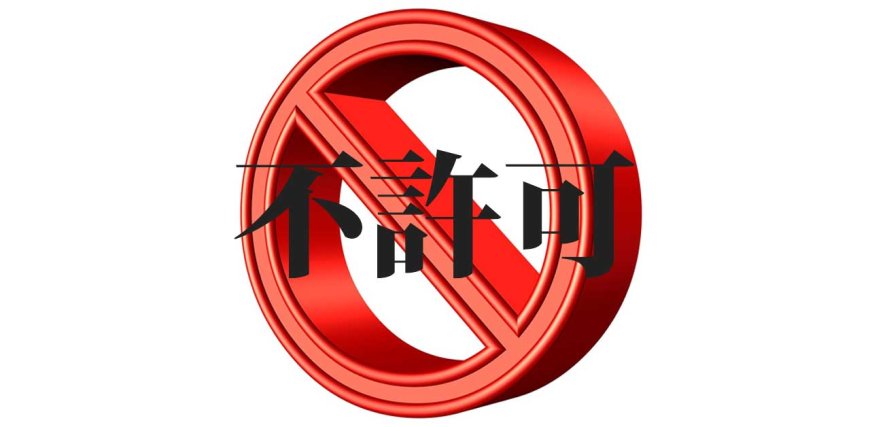
Creating Antonyms
The transformative power of "不" extends to creating antonyms by negating existing words. For instance, "可能" (kanō) means "possible," but with the addition of "不," it becomes "不可能" (fukanō), meaning "impossible." This usage allows for the expression of contrasts and contradictions in a concise manner.

Crafting a Negative Narrative: 不 in Written Language
Beyond spoken language, 不 finds its place in written communication, contributing to the creation of a negative narrative. Authors often employ 不 to convey conflict, obstacles, or the absence of certain elements in their stories. Its usage in literature adds depth to the narrative, allowing writers to explore the complexities of characters and situations.

The Japanese character 不 serves as a linguistic cornerstone, weaving through the grammatical structure with its multifaceted applications. From verb conjugation to adjective modification, 不 plays a pivotal role in shaping the language's communicative landscape. Its presence extends beyond the spoken word, finding a home in written narratives and everyday expressions, contributing to the nuanced beauty of the Japanese language.
Find Cheap Flight Tickets to any Destinations in Japan and the Philippines
Nipino.com is committed to providing you with accurate and genuine content. Let us know your opinion by clicking HERE.
